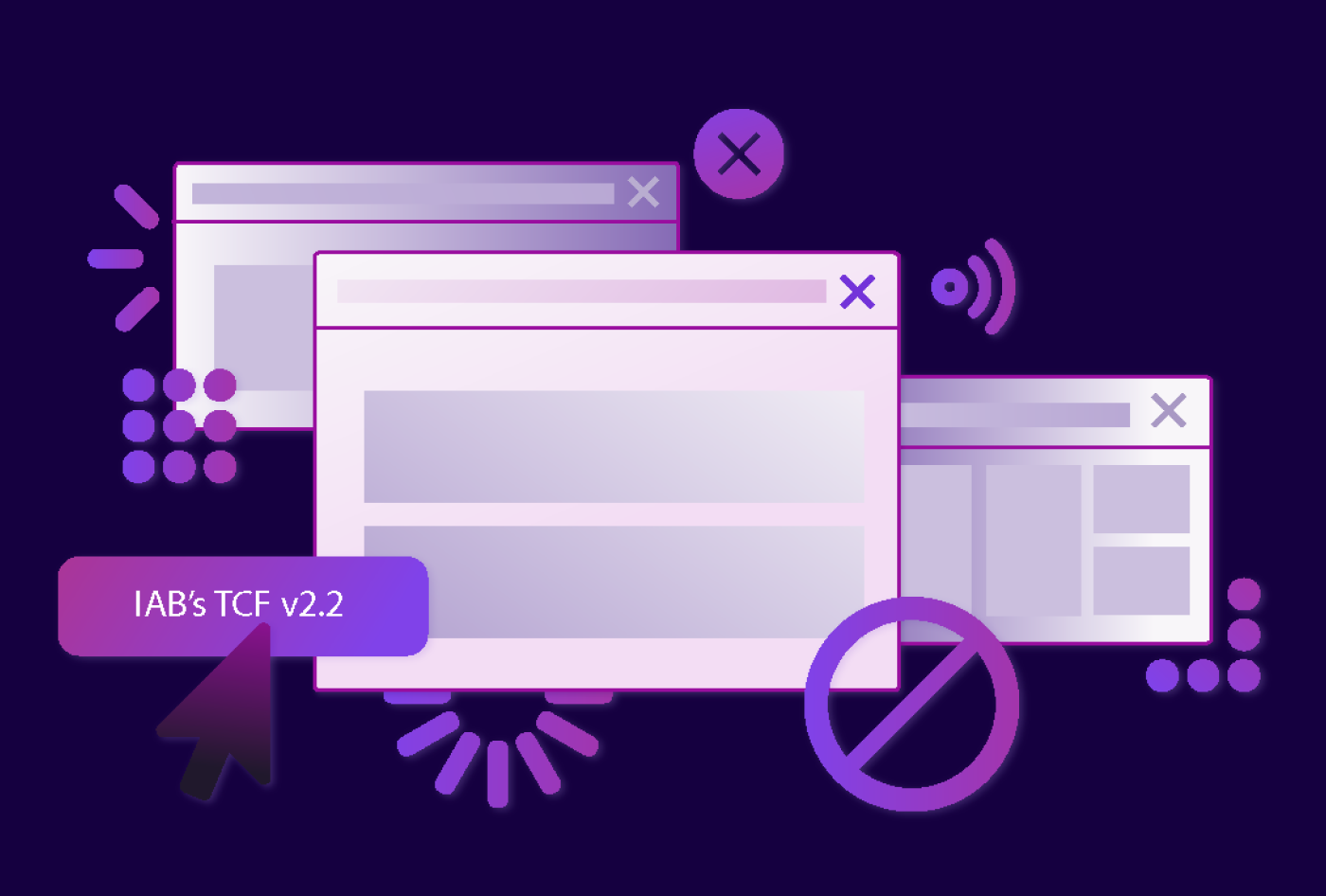Understanding the Changes
Google’s Latest Move in Digital Advertising
Google has announced new consent requirements for publishers in the European Economic Area (EEA) and the United Kingdom. These changes mandate the use of Google-certified Consent Management Platforms (CMPs) integrated with the Interactive Advertising Bureau’s (IAB) Transparency and Consent Framework (TCF) version 2.2 for serving ads in these regions.
The Deadline Approaches
Mark Your Calendars for January 16, 2024
Publishers have until January 16, 2024, to implement a Google-approved CMP. Failure to comply by this date will result in significant limitations on the ads served in the EEA and UK regions. This deadline affects users of Google’s publisher products, including AdSense, Ad Manager, and AdMob.
What is TCF v2.2?
Enhancing Transparency and User Control
TCF v2.2 is the latest version of IAB Europe’s standardized approach for obtaining user consent in digital advertising. It aims to improve transparency and give users more control over their data. Key changes include the removal of legitimate interest as a legal basis for personalized advertising and enhanced vendor information disclosure.
Why the New Requirements?
Promoting Consistency and Reliability
Google’s decision aligns with IAB Europe’s finalization of TCF v2.2 and supports consistency in online advertising consent experiences. This move is part of Google’s ongoing commitment to standardize user transparency and consent management across the digital advertising ecosystem.
Impact on Publishers
Adapting to New Consent Standards
Publishers must now provide clearer information about data collection and usage. The new framework requires improved user-facing texts, standardized additional information from vendors, and easier ways for users to manage their consent choices.
Steps for Compliance
Preparing for the Transition
To comply, publishers should:
- Choose a Google-certified CMP that supports TCF v2.2
- Implement the CMP on their websites and apps
- Ensure their consent flows meet the new requirements
- Regularly update their CMPs to maintain compliance
The Future of Ad Consent
Balancing User Privacy and Advertising Effectiveness
These changes represent a significant shift in how digital advertising operates in Europe. As the industry adapts to these new standards, publishers and advertisers alike will need to find innovative ways to respect user privacy while maintaining effective advertising strategies.

